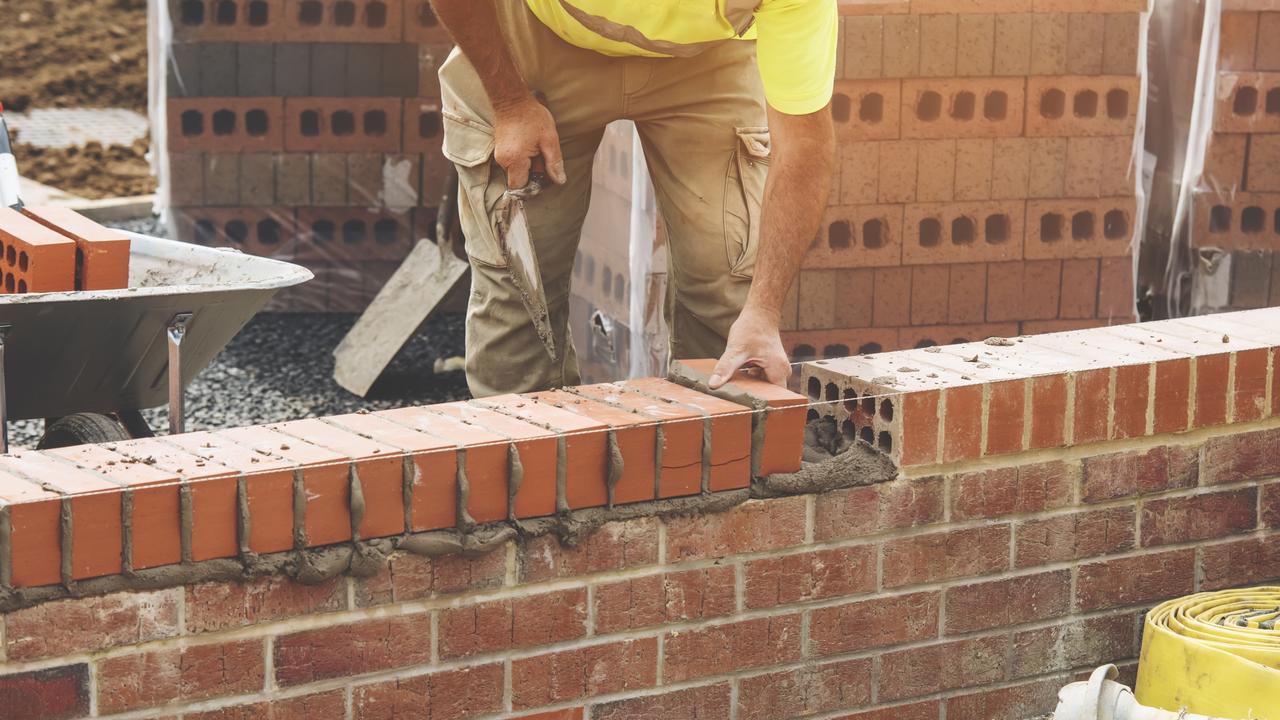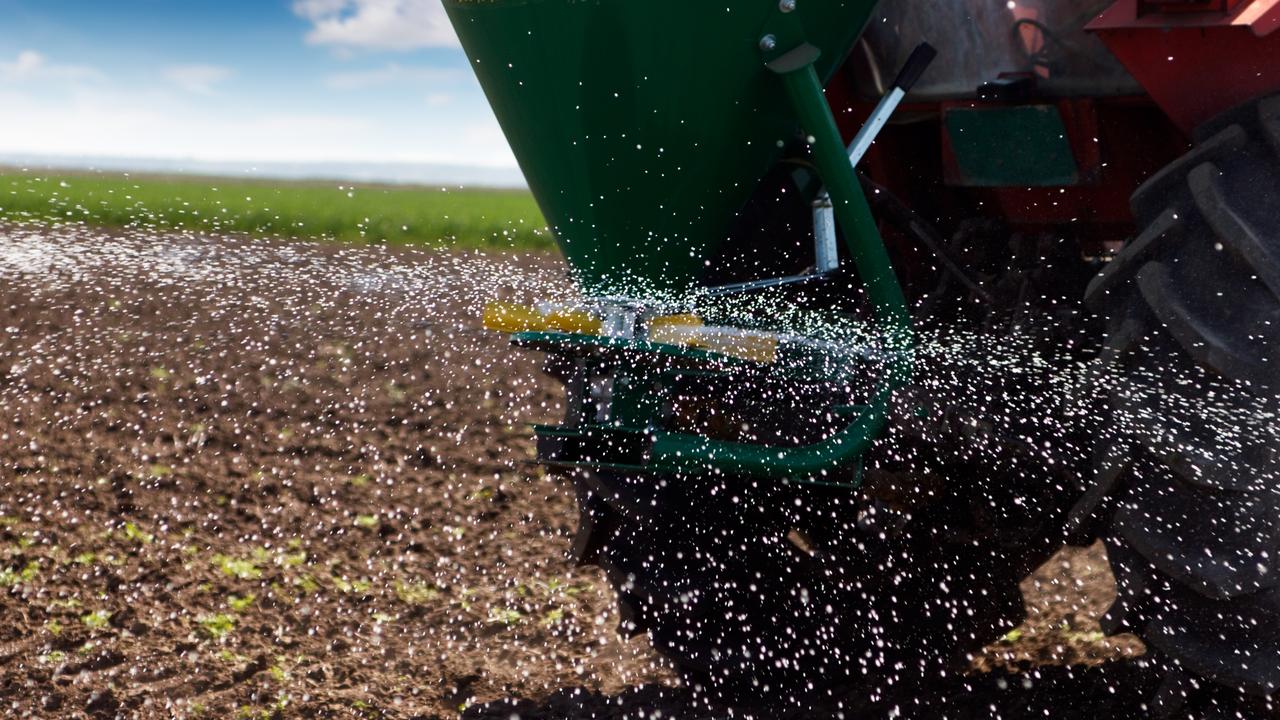Goldman Sachs is understood to have been drafted in to work with the family owners of Harris Farm as they contemplate the future of the business — possibly leading to a $1bn sale or an initial public offering.
There was talk in the market on Tuesday that the US-based investment bank had been hired by the family.
The development offers further evidence that the country’s largest individual retailer of fruit and vegetables could be coming closer to a sale.
The Harris family have previously held informal talks with advisers.
Harris Farm is understood to be highly profitable and could be worth as much as $1bn, with the family said to have high valuation hopes.
But much of its valuation will likely depend on its expansion prospects.
The NSW fruit and vegetable retailer is estimated to generate at least $50m of earnings before interest, tax, depreciation and amortisation, but some say it has about $500m of debt.
Harris Farm has 27 stores in NSW and makes more than $500m in revenue at a time that shoppers are increasingly choosing organic and more naturally produced produce over that sold at supermarkets.
The stores deliver groceries online and also sell a range of other specialty products, such as cheeses, breads, delicatessen and gourmet grocery items.
Some stores feature a butchery and the company is known to promote odd-shaped fruit called ‘‘Imperfect Picks’’ at lower prices.
It produces many of its products in Flemington, NSW, including yoghurt, frozen goods, salads and milk, while products such as juices and cookies are made in its stores.
Coles, Woolworths and Metcash are all known to be keen buyers, as are private equity firms.
However, significant problems could arise for Metcash if more Harris Farm stores are rolled out close to the independent IGA grocers that it supplies groceries to.
This could create a conflict, where Harris Farm prospers at the expense of its customers.
The thinking is that the family may want to retain control of the business, with a buyout fund only offering an equity injection to fund its expansion.
However, a float may achieve this objective.
Harris Farm was founded in 1971 by David and Cathy Harris, who are now in their seventies, with a single shop in Villawood, NSW.
It was the first Australian fruit and vegetable company to open in a supermarket-style operation.
The company is now run by their children Angus, Luke and Tristan.
Now could be the right time to sell or list the business, given that the chain of grocery stores no doubt reaped a bumper profit as the global pandemic saw consumers stock up on food supplies during sustained lockdown periods.
New York-based Goldman Sachs has worked on a number of major sales in the Australian consumer space.
In 2019 it sold Arnott’s Biscuits on behalf of the Campbell Soup Company to Kohlberg Kravis Roberts for $3.2bn.
There is also currently speculation that US-based PepsiCo is exploring options for a sale of its Australian snack brands, which include The Smith’s Snackfood Company.
The RiteBite Group, which produces Darrell Lea licorice, is believed to be considering a listing this year as its owner Quadrant Private Equity looks to capitalise on the strong trading conditions.
Pacific Equity Partners is also expected to soon explore a float for its Patties Foods business.
Some food manufacturers and grocery chains are considering sale options for their businesses after receiving a lift in revenue last year when consumers were forced to remain at home during the pandemic.
Other major deals in the Australian industry include Bega’s acquisition of the Lion Drinks and Dairy business last year for $560m from Japanese owner Kirin, which was advised by Deutsche.
The business included brands such as Berri fruit juices, Big M flavoured milk and fresh milk under the Pura name.




To join the conversation, please log in. Don't have an account? Register
Join the conversation, you are commenting as Logout